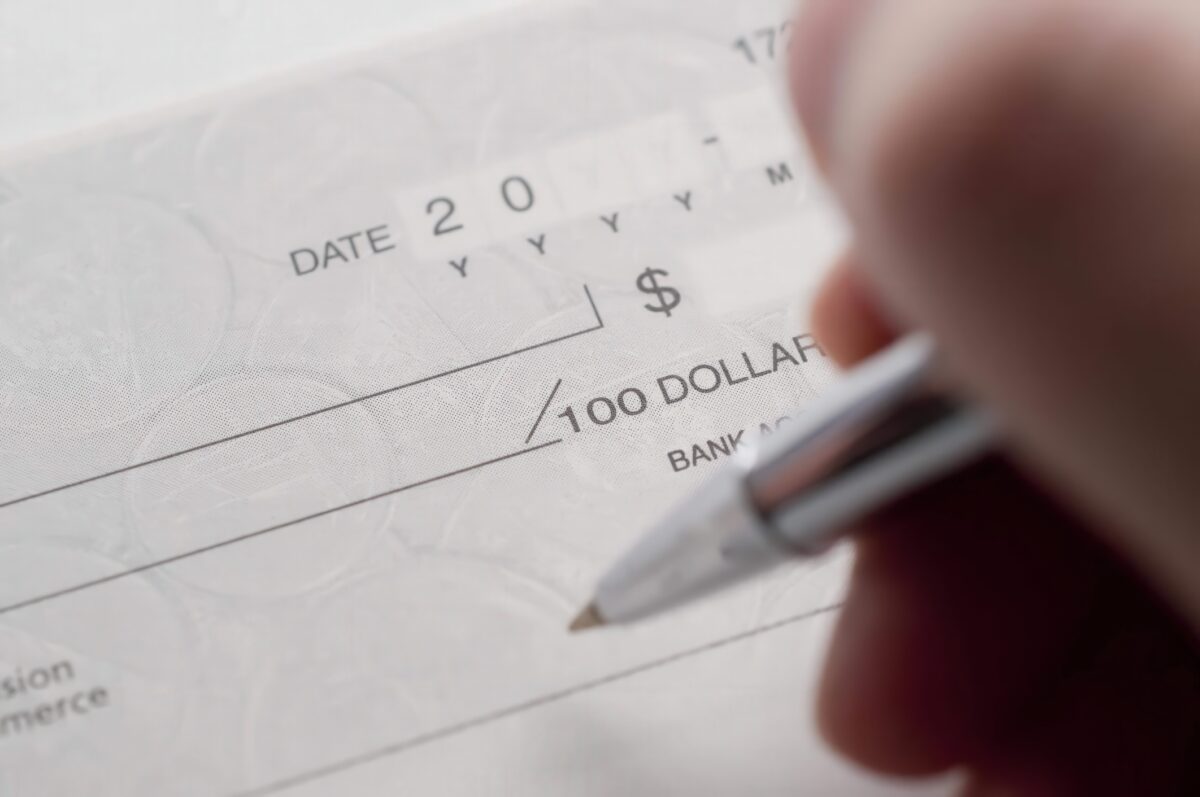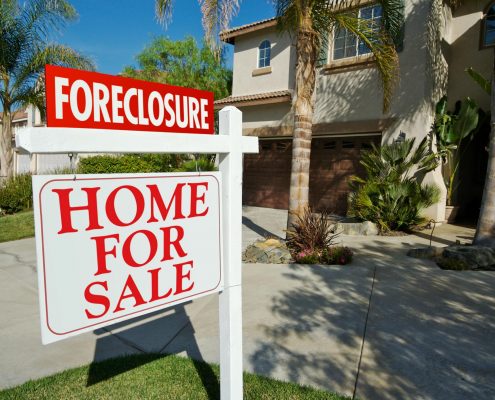
Are you buying your first house and feel confused by the real estate terminology? If so, don’t worry because you are not alone.
Homes for Heroes strives to build up your real estate knowledge and help you locate your new home. Read on to learn all about one of the most important parts of buying a house – the good faith deposit.
Buying a house is a stressful and challenging experience. You have the power to make the experience much smoother and less stressful by using an experienced real estate professional affiliated with Homes for Heroes. Our organization has put together an extensive nationwide network of affiliated real estate experts to help heroes buy the home of their dreams. Homes for Heroes will happily refer you to an experienced real estate professional in your community.
What is a Good Faith Deposit?
 A good faith deposit, also known as earnest money, is the money that a buyer provides along with the offer to show the seller that the buyer is making a serious offer. The good faith deposit does not go directly to the seller. Instead, the money is set aside in an escrow account and used as part of the down payment.
A good faith deposit, also known as earnest money, is the money that a buyer provides along with the offer to show the seller that the buyer is making a serious offer. The good faith deposit does not go directly to the seller. Instead, the money is set aside in an escrow account and used as part of the down payment.
Why Give a Good Faith Deposit?
You aren’t obligated to put down any money for a good faith deposit in many real estate markets.
Will a seller accept any offer that does not include earnest money? Probably not.
Think about it from the sellers perspective. The seller takes a risk in accepting an offer because if the sale does not go through, the seller might incur financial losses through additional mortgage payments, insurance payments, and taxes on the property. Also, the seller often needs to reduce the price of the property to interest new buyers.
Remember: Your good faith deposit gives the seller confidence that you will complete the purchase if they accept your offer.
How Much?
 The strength of the real estate market plays a significant role in how much earnest money you should include in your offer.
The strength of the real estate market plays a significant role in how much earnest money you should include in your offer.
For example, the buyer usually has the upper hand in negotiating a sale when the market is slow and thus can often put less money into a good faith deposit. Buyers in a hot real estate market, by contrast, must assume a more significant financial risk in an earnest money deposit to make a competitive offer.
As with all aspects of purchasing a home, a real estate professional with experience in your residential real estate market can help you determine an appropriate good faith deposit. In general, many buyers put down 1-2% of the purchase price in earnest money. Your real estate agent can recommend a specific amount based on the demands of your market.
Remember: The deposit counts as a portion of the overall downpayment.
What about No and Low Downpayment Loans?
First-time buyers who qualify for no down payment VA loans and low downpayment loans through FHA and similar programs should still consider making a good faith deposit in their offer. The seller will take a proposal that includes a good faith deposit over one that doesn’t require the buyer to commit any of their funds during the purchase process.
Since the earnest money is part of a down payment, the buyer may get excess funds back at the closing.
Foreclosures and Non-Refundable Good Faith Deposits
 Purchasing a foreclosure is an extraordinary opportunity to buy a house in an otherwise unaffordable neighborhood.
Purchasing a foreclosure is an extraordinary opportunity to buy a house in an otherwise unaffordable neighborhood.
However, the bank-owned properties typically do not allow for contingent offers and the good faith deposit is usually non-refundable. Given these challenges, it’s crucial to team up with an expert real estate agent to navigate through the unique experience of purchasing a bank-owned house.
Can I Lose the Deposit?
The good faith deposit promises the seller that the buyer plans to buy the house.
What happens if the buyer decides not to close the deal? In many cases, the buyer gets the money back if the purchase contract cancels.
However, it is possible to lose the money.
Examples of Situations Where the Buyer Might Lose the Good Faith Deposit
EXAMPLE: Let’s say that you need to sell your current condo to buy your dream house. You live in a sizzling real estate market, and so it’s likely that you’ll sell your condo quickly once you put it up for sale. Before listing your condo, you make an offer to buy your dream house without adding a contingency that you must sell your current home into the proposal. The seller of your dream house accepts the offer, and you put your condo up for sale. Unfortunately, the real estate market slows, and you can’t sell your condo. Without selling your home, you can’t afford to buy the dream house. If you back out of your dream house, you could lose the deposit.
EXAMPLE: The deadline for your purchase contract to obtain loan financing is September 15. You allow the period to pass because you have a loan pre-approval. Unfortunately, you lose your job on September 25, and your lender declines to fund your loan. If you can’t find a new lender before you are supposed to close on the house, it is possible that the purchase contract will void and you could lose your deposit.
These examples sound scary, don’t they? The GOOD NEWS is that a skilled real estate professional keeps you from getting into a situation where you might lose your good faith deposit. A real estate expert understands how to write a purchase offer so that it protects you if the sale fails.
Our affiliates are trained professionals that know what it takes to give you the best experience possible whether you are selling, buying, or refinancing.
The good faith deposit is an essential component in crafting an offer to buy a house. A local real estate professional will make sure that you get the benefit of utilizing the good faith deposit as a negotiating tool in your offer and protecting your money at the same time. Sign up with Homes for Heroes for more information about the home buying process.
Estimate Your Savings
Learn how much you could save on your home purchase. Adjust the slider to see potential savings when you buy with a Homes for Heroes real estate and mortgage specialist. This is an estimate. Your actual savings may vary.